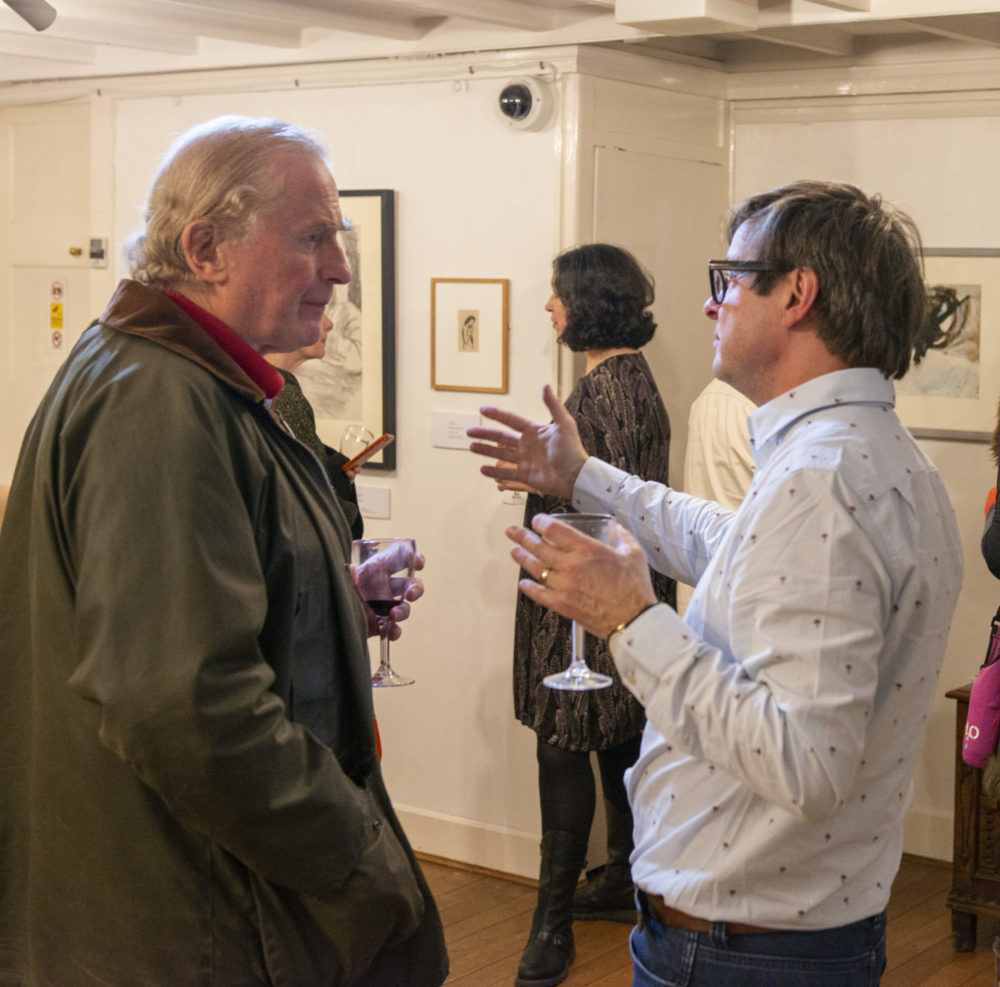The publishing sector has changed enormously over the last couple of decades — and innovative funding models are being sought to service the public’s demand for accurate and trustworthy online news.
In my opinion, an online newspaper such as Rye News faces significant challenges, relying as it does on volunteers to contribute news articles free of charge and on the goodwill of readers and local businesses.
Enthusiastic volunteers can achieve a lot — and they should be applauded — but perhaps the point comes when a publication needs to evolve into a professional operation if it’s to improve and prosper.
With a voluntary community venture, I suspect the main workload falls on a small number of people. Editors find it hard enough dealing with trained journalists, but there will inevitably be problems when editorial copy is supplied by untrained members of the public.
Journalism is not something mastered after a couple of days’ informal tuition: it takes years of experience. What, for example, happens if incorrect facts get published? Does the publication offer legal protection to its contributors? Should contributors seek membership of a journalists’ union?
How do you stop fake news invading your product? How do you prevent commercial interests from using your platform to promote their products or services? How do you maintain journalistic impartiality? These are just some of the issues that need to be addressed.
Local news can generate as much intense feeling and rancorous debate as national issues, and this can sometimes turn online ‘comments’ sections into minefields. You invite people to voice their opinions to Rye News, but one of the main problems is that anyone expressing a strong opinion online these days often gets attacked for these views. People are wary of putting their heads above the parapet.
Newspaper advertising has of course shifted significantly towards the online realm. Attracting advertisers is one way to boost revenue, but it’s not without its challenges. If a local advertiser receives negative news coverage, for example, it may cancel its advertising. Maintaining relationships with local government, companies and individual newsmakers is a difficult task for a volunteer contributor with no employment link to a publication.
The Guardian newspaper has established a funding model that partly relies on voluntary financial contributions from online readers. There’s nothing to stop Rye News from asking its readers to do the same thing. The big question is whether Rye people — or enough of them — will be prepared to pay for local online news.
Regarding suggestions for improvement, I’d support the idea of a “breaking news” or “news in brief” section. A more focused tourism section would surely prove a winner, given that it’s Rye’s largest business. There are possibly a number of other community services you could offer readers, but at this stage it seems you need a significant revenue boost to achieve your goals.
My personal view is that if people are working for you, as they are, you need to remunerate them for their effort, their phone calls, their travel, etc — in effect, for their contribution to the publication’s success.
I wish Rye News the best of luck as it moves forward.
[Editor’s note: Our reader, David Worwood, raises some interesting points, a number of which are already being implemented (prevention of “fake news”, incorrectly reported facts, unintentional libel etc) and others are high on our to do list.
The Guardian funding model is one that we looked at and has, in part, been adopted and the initial reaction from many of our readers has been positive and generous and our thanks go out to all who have contributed so far.
Innovation and change is always a little slower in a voluntary organisation where the volunteers have other matters going on in their lives as well, but despite this, Rye News is constantly looking at ways that it can progress and innovate to provide a better service to those who read and support us and, of course, to attract new readers and we have certainly taken on board suggestions that have been sent in to us following our article on this paper at a crossroads. In particular, the suggestion made above of a breaking news or news in brief column is under active consideration as is more emphasis on tourism, although this does require the co-operation of local businesses operating in that sector which, in the past, has not always been easy to obtain.
One area where we know we are lacking, is writing for younger adults and for that to be properly addressed we need younger people to come and write for us, so if you, or someone you know would like to write or are a budding journalist and, say, in your 20s or 30s, please do get in contact, we would love to hear from you: email us at info@ryenews.org.uk or editor@ryenews.org.uk.]
Image Credits: Peter Wiles .



